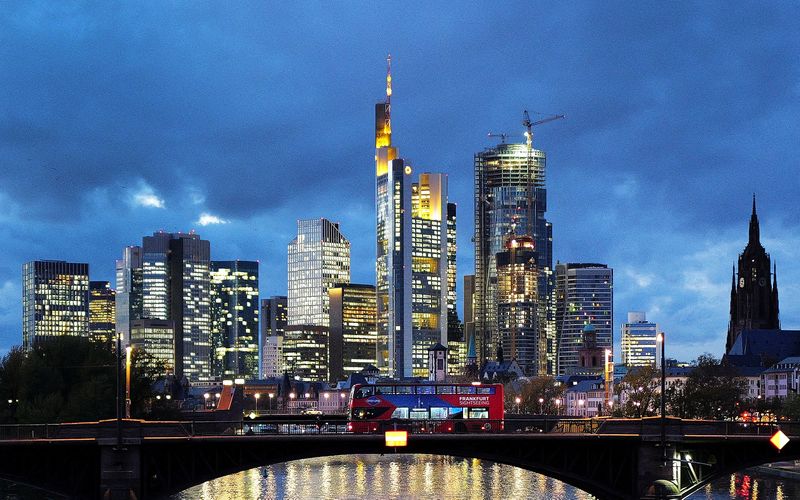By Christian Kraemer and Rene Wagner
BERLIN (Reuters) -The German government will slash its economic growth forecast for this and next year to just 0.2% and 1% respectively in a report due to be published next week, according to two sources with knowledge of the matter.
Factors contributing to the depressed figure — significantly down from October's forecast of 1.3% for this year — included low growth in the global economy and a German constitutional court ruling that blew a hole in the country's budget, according to the source.
For 2025, Berlin expects the economy to grow by 1%, down from its previous forecast of 1.5%, another source said, adding that the government expects inflation to fall to 2.8% this year and be at 1.9% in 2025.
An economy ministry spokesperson said on Tuesday evening they could not comment on the numbers, adding the government would provide comment when the official report was published.
The ministry warned in a separate monthly report on Wednesday that the expected recovery of Europe's largest economy could be further delayed by geopolitical tensions, including in the Red Sea, as well as a series of strikes domestically.
The gloomy prospects for Germany's economy in 2024 come after the country's economy shrank by 0.3% in 2023 under the pressure of high inflation, rising interest rates and a weak global economy.
Both the Ifo and IfW economic institutes lowered their most recent 2024 forecasts but were more optimistic than the government: Ifo is now predicting economic growth of 0.7%, from a previous 0.9%, and the IfW is forecasting 0.9% from 1.3% earlier. They plan to present new forecasts in March.
In contrast, the German business association BDI had issued a low forecast in mid-January for growth of 0.3%, warning that the economy was at a "standstill".

A new forecast for 2025 is not expected in the report next week. The government, which forecast economic growth of 1.5% in October, should give an update on that figure this spring.
German Finance Minister Christian Lindner said on Sunday that the coalition government planned to present a concept to strengthen Germany's position as an industrial location this spring, after multiple warnings from both him and Economy Minister Robert Habeck that the country was losing its competitiveness on a global scale.